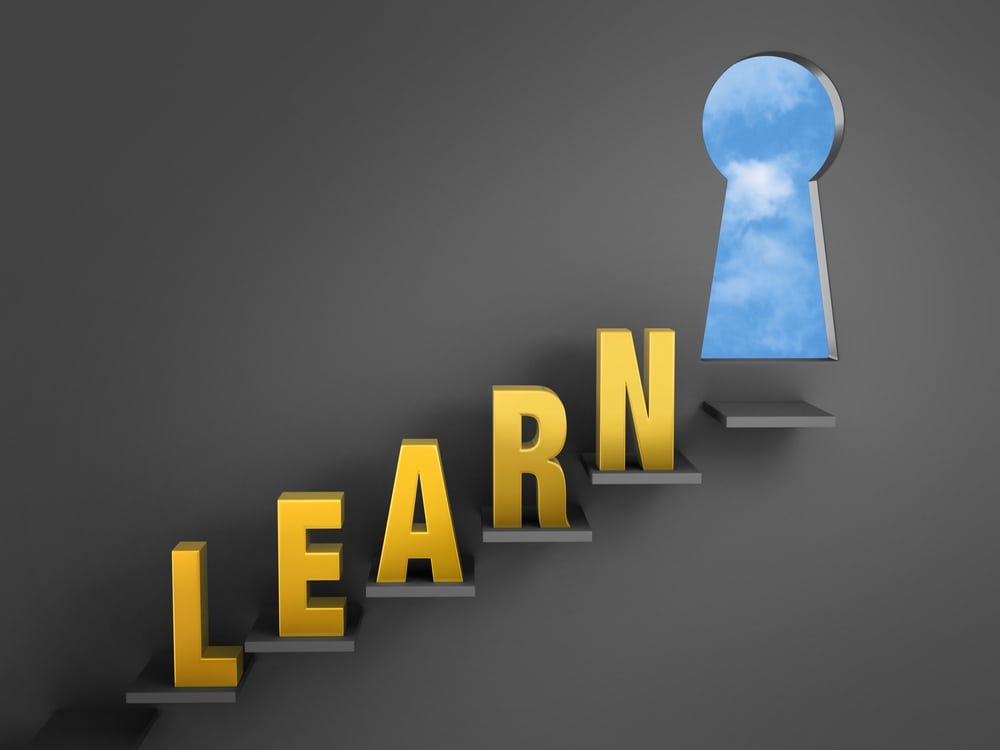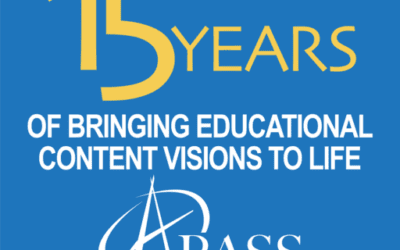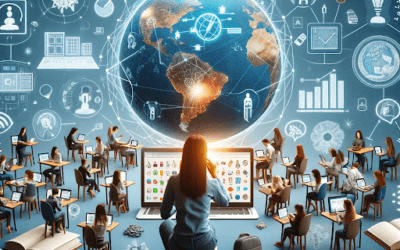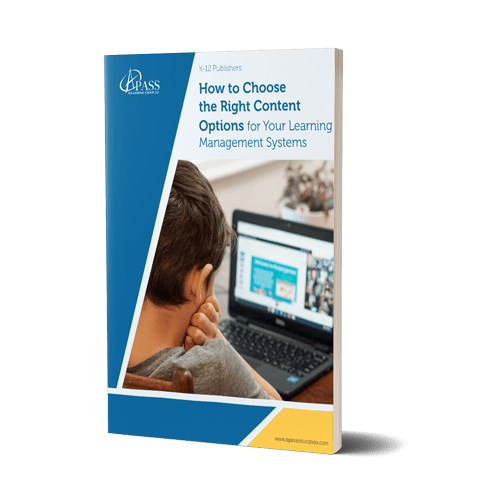As a simple example, a student who struggles with reading may learn more effectively with audio or video content.
More nuanced approaches can yield even greater benefits.
Numerous psychology research studies have shown that simultaneous multiple modes of instruction are useful in many learning contexts for gaining and holding attention and for improving retention.
In one particular example, a study showed that when students use a combination of text-to-speech and on-screen highlighting of the spoken word, poor readers were able to perform as well as skilled readers.
This is quite a remarkable result!
As we design learning products, science can truly help us chart pathways to success for many who have had, up until now, tremendous difficulty with the learning process.
Unlocking Potential Through Instructional Design
About 10-20 percent of students face some kind of learning disability, including dyslexia, processing disorders, or more mild forms such as ADHD.
Considering that learning disabilities do not correlate to lower levels of intelligence, there is a tremendous amount of potential than can be unlocked among this group through technology-enabled learning.
We would argue that dyslexia is an experience that arises out of natural human diversity on the one hand and a world on the other where the early learning of literacy, and good personal organization and working memory is mistakenly used as a marker of ‘intelligence.’ The problem here is seeing difference incorrectly as ‘deficit.’
(Dr. Ross Cooper, 2006)
Some accessibility solutions can be relatively straightforward, such as implementing best practices in learning design or utilizing fonts that enhance readability.
More complex learning approaches can use personalized assessments to measure learning performance and target areas of difficulty for further practice.
Greater Learning Independence
As a complementary benefit, these types of learning enhancements can provide more independence for those with learning challenges.
Older students generally want to move toward greater self-direction. Along with improved targeting of education, technology can support other important skills, such as planning and organization.
Such skills are crucial for success in higher levels of education and in the workplace.
Whether for specific academic disciplines or broadly applicable skill sets, learning technology gives students expanded opportunities to become engaged in the learning process.





